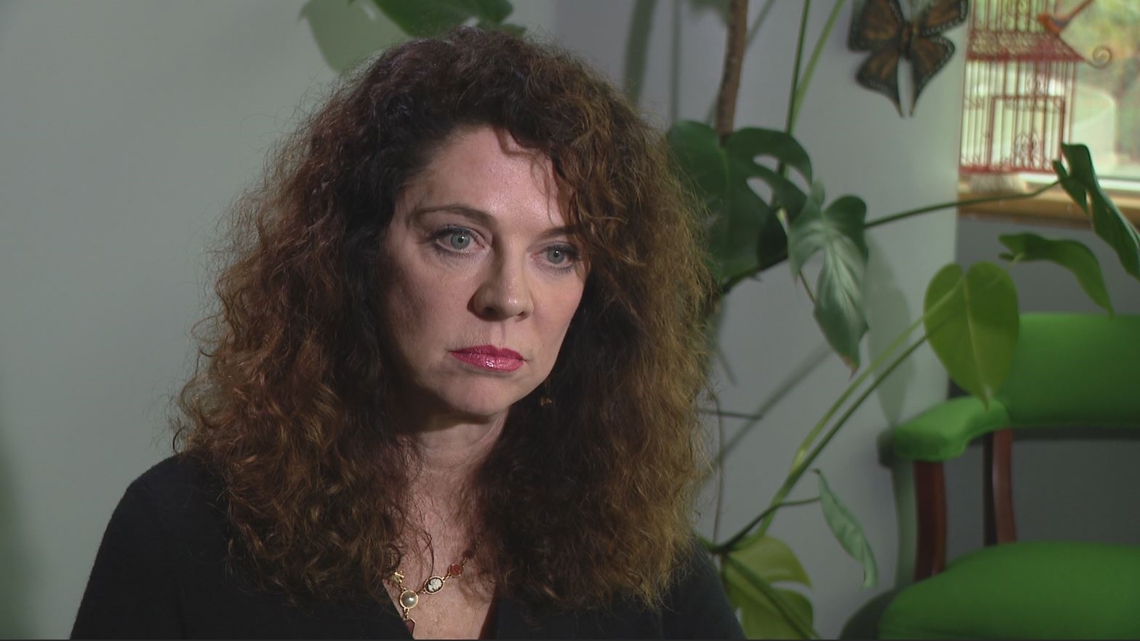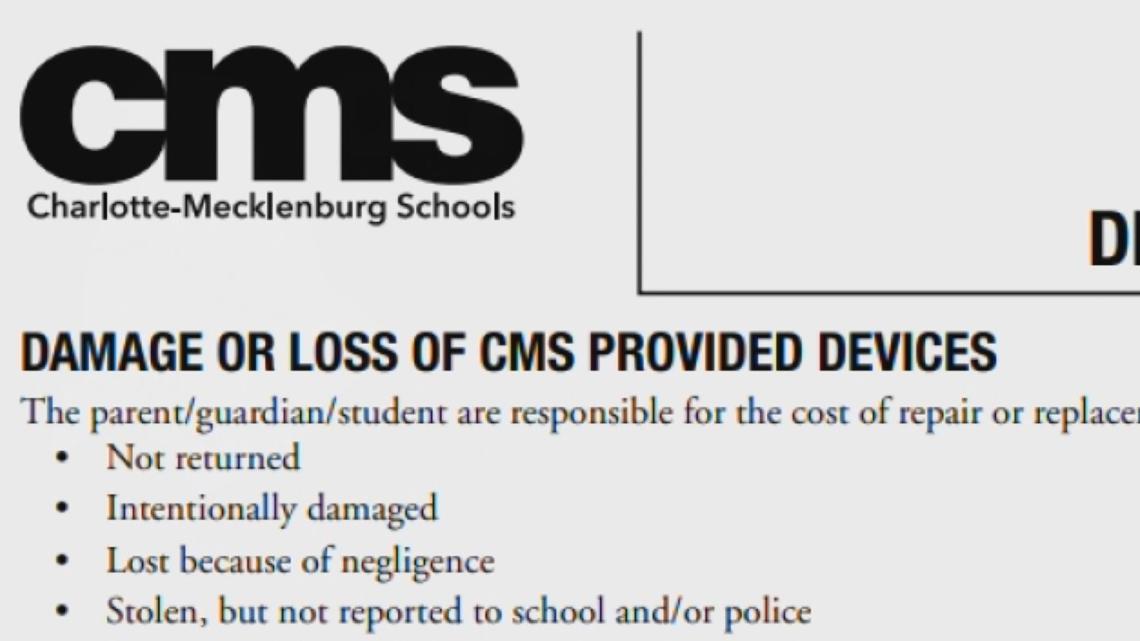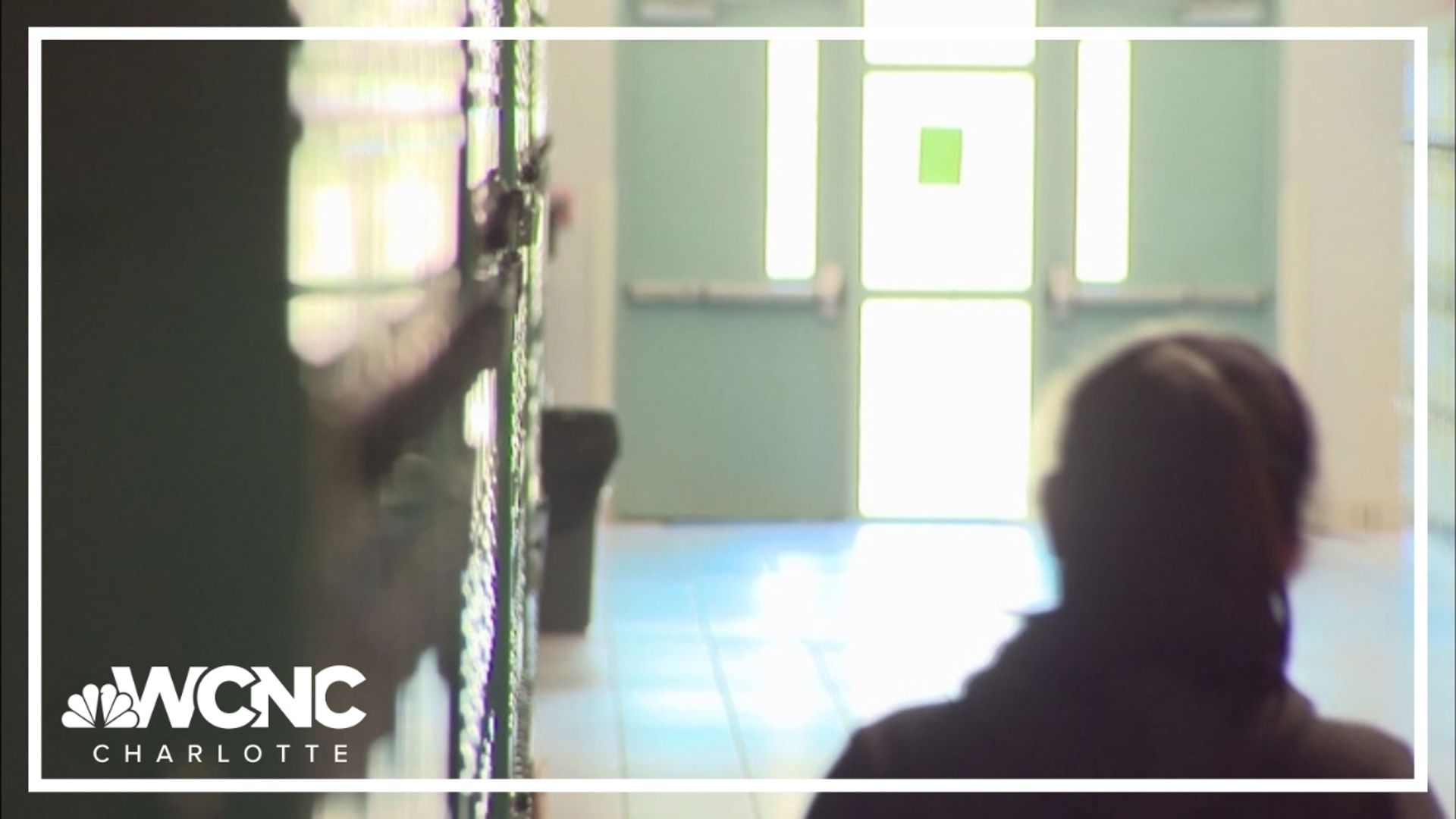CHARLOTTE, N.C. — In the two years since WCNC Charlotte exposed nearly $1.5 million worth of missing and stolen computers within Charlotte-Mecklenburg Schools, some schools have failed to follow the district's new rules. In response to WCNC Charlotte's reporting, CMS made major changes and as a result, the district has collected a combined $300,000 from families to recoup past losses, but public records show dozens of schools have refused to collect fees when Chromebooks and iPads get damaged or are lost.
At this point, those schools probably won't recover an unknown, but likely sizable, amount of overdue money from past school years, because CMS recently forgave all device fee debt. However, the district is now upping the ante to make sure both families and schools are held accountable. Refusal to cooperate moving forward will cost individual schools money in their budgets.
Culture slow to change


When Chief Technology Officer Dr. Candace Salmon-Hosey addressed WCNC Charlotte's findings in 2022, she detailed plans to change the culture within CMS, but acknowledged "that doesn't happen overnight."
Her words have proven true.
"There were schools that did not follow the rules," she said. "What I'm disappointed in is that it's taking so long to make it happen."
The district unveiled a series of improvements after WCNC Charlotte found CMS did not consistently protect taxpayers' investments. At the time, records identified more than 10,000 Chromebooks, iPads and hotspots considered lost or stolen.
"It would make me feel very disappointed that the value in what we're doing has not been maybe acknowledged or maybe overlooked," she said.
New improvements
As the district enters year-three of its culture change, Salmon-Hosey is confident the newest changes will finally achieve the desired effect.
"This is going to be the year," she said.
The most recent budget should help. In what CMS calls a game-changer, elected leaders approved $4 million in recurring money for students to get new take-home computers every four years. The idea is they'll always have the best technology to get their education and at the same time, will take better care of something they can treat like their own year-after-year.
The budget also gives most schools a position strictly designated to manage devices at an annual cost of $4.6 million, according to CMS. That is a shift from the past when the district expected administrators to handle that responsibility with all of their other duties.
Unless there's a hardship waiver, Salmon-Hosey said they now have the support they need to collect fees from families, as required, for lost and broken computers
"There are no more excuses?" WCNC Charlotte asked.
"Correct," Salmon-Hosey replied. "That's what we're saying."
Compliance or consequences


If individual schools still fail to follow the rules, she said the money owed will come from their budgets; a way to ensure the district is a good steward of public dollars.
"If there is no accountability, then the schools, as the breakage occurs, will be looking at technology to hand them more devices," she said. "There's only a limited amount of money to go around."
In a gesture of good faith, CMS wiped the slate clean on all money owed at the start of this school year. Salmon-Hosey said the hope is individual schools will still make efforts to collect but will not be required to do so for past due money, effectively writing off their losses one final time.
"That is so schools can start fresh and they don't inherit fees from their feeder schools, because I think that would have been unfair as well," she said.
While the central office directed schools to continue tracking and collecting those overdue fees, some schools failed to do so, according to Salmon-Hosey.
"We are addressing this through the newly instituted structures for school accountability of device management," she said.
If school administrators need any more pressure, the expectations are all laid out in every school's state-required technology plan. Principals and assistant principals' performance, in part, are graded on how well they meet that plan, Salmon-Hosey said.
"Ten years from now, this will be so integrated in the culture of how we do things, that schools will instinctively know," she said of the long-term goal. "There won't have to be a heavy hand."
Contact Nate Morabito at nmorabito@wcnc.com and follow him on Facebook, X and Instagram.

